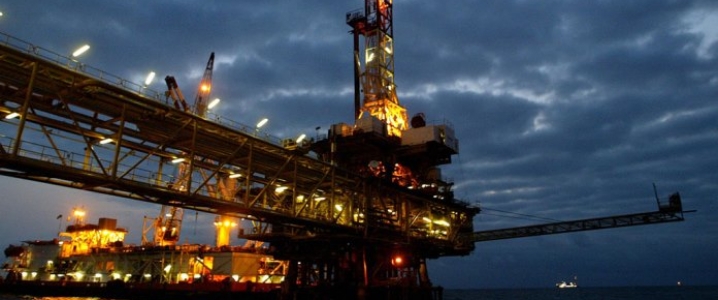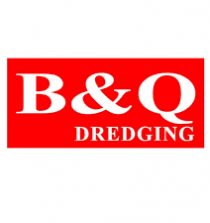Stakeholders in the oil and gas, and investment sectors have said growing socio-economic uncertainties and political instability could further quash inflow of investment into the country. The experts, who reacted to the declining level of investment into Nigeria’s oil and gas sector, are worried that the country is fast losing its competitiveness to other countries with simpler oil and gas legislation and better business environment.
Latest capital inflow statistics released by the National Bureau of Statistics (NBS), indicated that total capital imported into the industry between April and June, dropped significantly by about 70.98 per cent to about $24.85million compared to the amount imported in previous quarters.The inflow into the oil and gas industry for the three months declined by $60.77million, about N18.6billion to $24.85million or N7.6billion in the second quarter (Q2) 2018, compared to $85.62million/N26.2billion recorded in the first quarter.
The NBS Q2 GDP report indicated that the oil and gas sector accounted for 0.45 per cent of the $5.514billion total capital imported into Nigeria, compared to 1.36 per cent of $6.3billion imported in Q1.Against this backdrop, the stakeholders argued that pervading political tensions ahead of the 2019 general elections as well as the long-awaited petroleum industry reform will continue to deter investors.
Respondents included Prof. Wunmi Iledare, of the Nigerian Association for Energy Economics (NAEE); Dr. Diran Fawibe, International Energy Services Limited; Managing Director and Chief Executive Officer, Footprint to Africa, Osita Oparaugo; and a former Director, Nigerian Investment Promotion Commission, who chairs, London-based, Foreign Investment Network (FIN), Olayinka Fayomi.
They insisted that non-passage of the Petroleum Industry Bill (PIB) decades after it was initiated is enough reason to keep investors off, adding that since there were other viable investment destinations in the oil and gas sector even in African, investors would not risk Nigeria’s volatile market. Iledare said Nigeria’s declining investment at a time when the price of oil is rebalancing passes very negative signal and warning that the worse could be ahead if urgent actions are not taken.
“There’s so much uncertainty in terms of the rule of law. The engagement process is not clearly defined. No matter how holistic the geological basin is, government must make effort so that people come to look for it,” he said.On his part, Oparaugo said the decline would continue until political instability is addressed, noting that investors may no longer come into Nigeria on a long term basis.
He said while the existing ones are pulling out, prospective investors may continue to delay decision until the elections were over. Oparaugo said: “The body language that comes out of Nigeria every four years before the election is scary. Nigeria lacks stability and investors want their money in a place where they are sure of their investment. They prefer to have 10 per cent return on investment in a place where the situation is not volatile than a place where they get 100 per cent but very volatile.”
Also commenting, Fawibe noted that while the non-passage of the PIB would continue to cast a shadow on the outlook of the oil sector, there was a need for investment drive, including designing an ease of doing business strategy that directly targets the industry.In this regard, he urged government to regularly meet with operators in the sector to discuss leeway as well as organising road-shows to showcase the opportunities therein.
“We need to go the extra mile to encourage investors, and we need to give incentives to potential investors. It could be said that the Nigerian oil and gas sector is measured but incentives can change a lot of things,” he said.
Contributing, Fayomi noted that the obscurity and bureaucracy in the oil sector make it very unattractive, adding it is unacceptable for investors to beg or go through unnecessary protocol before they bring in their capital.
A breakdown of the NBS report showed that in April, May, and June the sum of $19.64million, $4.13million and $1.08million were imported into the oil and gas sector, representing 9.1 per cent, 2.9 per cent, and 0.56 per cent of the total $2.16billion, $1.43billion and $1.92billion capital imported.
When compared to foreign investment inflow of $22.12million, $4.05million, and $59.45million recorded in January, February, and March 2018 respectively, accounted for 8.48 per cent, 2.47 per cent and 28.9 per cent of the $2.61billion, $1.64billion, and $2.06billion total capital imported into the economy in January, February and March.
Source: The Guardian








